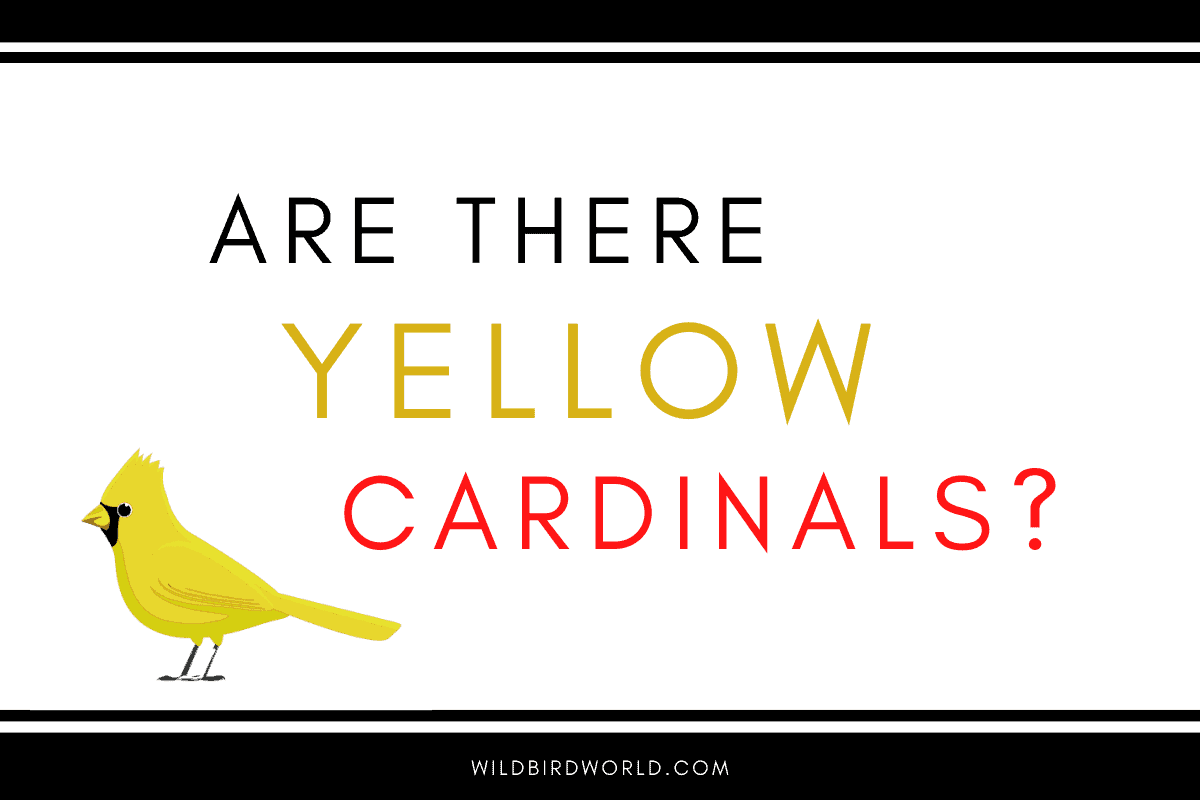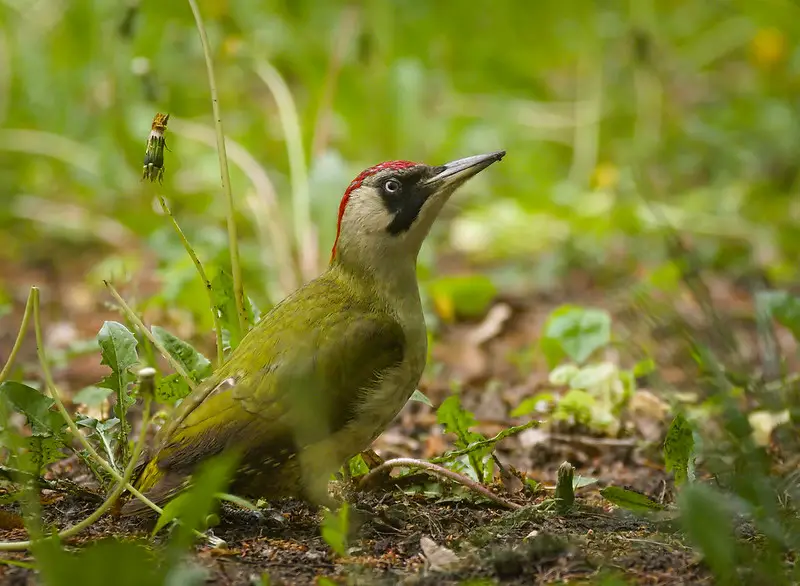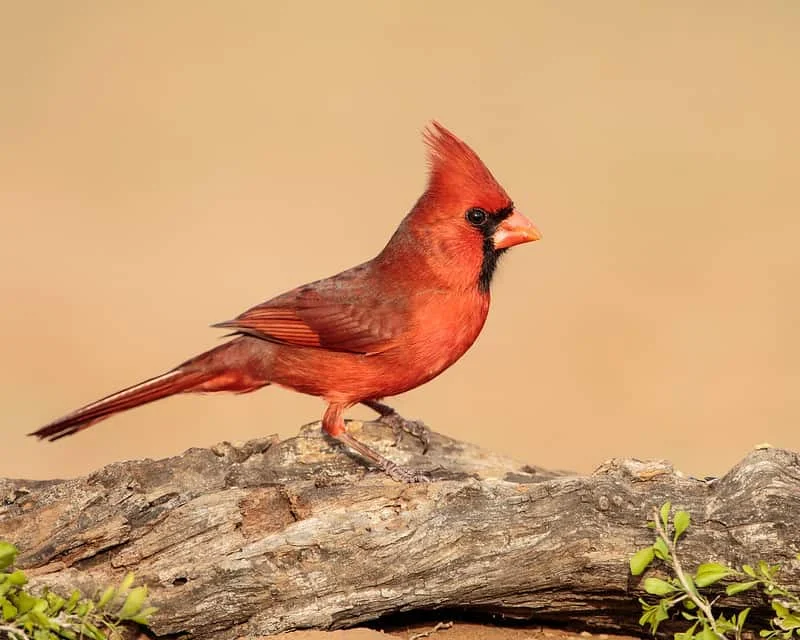
Doves are beautiful birds with many sentimental attachments. Most people affiliate doves with positivity, love, and compassion. These gentle birds often live up to their name when they spend time outside, often gently exploring the ground rather than carrying on in the skies with the same hubris as some of the other bird types. These beautiful animals are known for a calmer nature than some of the other local birds, which is why it is surprisingly easy to appeal to them when you want them to stop by for a visit. If you know that doves are prone to navigating your local area, you might just find that getting them to drop by is easier than you think. As long as you have plenty of seeds, doves will generally take an interest in your property.
What do Doves eat?
Doves are one of the birds that we all stop to marvel at for their beauty and tranquility, which is why it makes so much sense that their primary food source is from seeds. These gorgeous creatures don’t spend time flying around hunting insects like so many of the other birds. Instead, they like to hop across the ground happily foraging for delicious seeds and plant matter to fill up their tummies. Doves are happy granivores who really just prefer a good meal of seeds and a quiet hop around the block. If you want to win their favor, choosing some of their favorite seeds is the best way to go about it.
Where can you find Doves ?
Doves are known for their expansive list of types, with each one being more endearing than the last. Since there are so many of them, it comes as no surprise that you can find variations of doves all over the planet, with many of them visiting locations around the world and being favored no matter where they go. As long as the temperature isn’t too extreme, there is a pretty good chance that you will be able to find doves in your local area depending on climate and time of year. These birds will avoid extreme heat and cold, but anywhere else they will happily explore.
How many types of Doves are in the US?
Doves are found all over the globe and the list of dove types is rather extensive, but that doesn’t mean that all doves are found in all places. North America alone is home to more than fifteen native types of doves that are native to the area. The majority of people think about Release Doves, also known as Rock Doves, when they picture doves because these are the small white ones used in ceremonies. Turtle doves, which are native to North America, are also commonly recognized from one area to the next. Other popular North American dove types include the common Ground Dove, Mourning Dove, Inca Dove, and Caribbean Dove. While all doves tend to maintain a specific type of body, they vary dramatically in colors and patterns.
How to Attract Doves to your yard?
1. Tray Feeder
Unlike some birds that enjoy wrestling seeds out of a bird feeder, doves are calmer birds that like to relax when they eat. If you want to make sure that the local doves can easily access some of the delicious seeds that you bought for them, consider investing in a tray feeder or comparable feeder. The idea here is to give the doves somewhere where they can easily land and peck away at the delicious meal that you have prepared for them. Make sure that the structure is fully supported so that the doves do not get scared away. Ensuring that they can safely and comfortably land on the structure and feast on the seeds below is the best way to make them feel secure if you want to use an artificial feeding technique.
2. Seeds
Doves are known for their deep and passionate love of seeds that beats out plenty of their more versatile friends. It isn’t to say that doves will only eat seeds, but they do seem to prefer them more than just about anything else. Stocking up on delicious seeds is a great way to convince the local doves to drop by. There are partial to black oil sunflower seeds, safflower seeds, and millet in particular. If you can provide a healthy supply of these, you will have some new friends on your hands.
3. Trees
Like many other birds, doves are partial to trees. These birds will embrace a wide range of trees, but they are partial to conifer trees for a few key reasons. The first is that these trees in particular offer great shelter for local birds. Whether they are hiding from a breeze or from a bigger bird, the doves in your area will find comfort among these branches. The other big reason is that conifers are known for producing plenty of seeds which are available to birds in winter. This means that they can easily grab some rest and a snack in the same area.
4. Platform for Nesting
Doves enjoy the feeling of being grounded, even if they are doing it in the air. Since these birds are known for making nests that require support, they often build their nests on platforms or other stable structures that can provide support and protection. In order to comfortably build their nest, they will look for an elevated and compact platform of some sort, like a windowsill or horizontal support beam.
The important part is that they might have somewhere safe and secure to bring together all of the plant pieces that they like to use. If you want to appease the local doves, give them a space that has a platform and is somewhat covered at the same time.
5. Water
Not all birds like birdbaths, but doves certainly do. These birds love a good shallow birdbath or puddle because it makes it easy and comfortable for them to stop by for a drink. Remember, doves like to have somewhere sturdy to land, so make sure that your water supply accommodates this. Instead of forcing these birds to simply plop down in the local birdbath, give them a ledge or area to stand where they can easily approach the water when they are ready to. Doves are calm birds and prefer to be able to do things at their own pace.
6. Food on Plate
Unlike some birds that enjoy wrestling seeds out of a bird feeder, doves are calmer birds that like to relax when they eat. If you want to make sure that the local doves can easily access some of the delicious seeds that you bought for them, consider investing in a tray or comparable feeder. The idea here is to give the doves somewhere where they can easily land and peck away at the delicious meal that you have prepared for them. Make sure that the structure is fully supported so that the doves do not get scared away. Ensuring that they can safely and comfortably land on the structure and feast on the seeds below is the best way to make them feel secure if you want to use an artificial feeding technique.
7. Food in Abundance
The dove is a kind of bird that knows what it likes and has no problem taking what is available. If you are looking to attract doves, you want to make sure that you can support their lifestyle choices. Doves are hungry birds that will happily spend time eating all of the available seed and then lingering around until you return with more. With this in mind, particularly if you are maintaining the food supply for multiple doves, consider investing in bulk.
How do Doves know how to return home?
Doves are incredibly smart and capable birds that are often known for their remarkable ability to get home. In order to accomplish this, doves rely on a variety of different techniques to return home. Like other birds, doves are known to use electromagnetic fields around the planet to navigate. Many birds do this to migrate, but doves tend to use it in a more specific fashion since they are commonly trained to travel far distances back to a specific location. In addition to this, doves are incredibly capable at navigating using visual landmarks. These intelligent birds can actually recognize where they are and where they are headed.
Why do Doves represent peace?
Doves are often representative of peace because of their historical significance during more religious points in history. The dove is often used to represent the soul in Christian belief systems, and is frequently used symbolically to represent peace, often paired with an olive branch to do so. Other historical notes state that two doves are meant to symbolize love, which people often associate as being the ultimate factor when it comes to finding peace.
Why do Doves coo?
Doves are known for their distinctive cooing noise, but there are actual several variations of it. In most cases, these sounds come from male doves trying to communicate with female doves in some capacity. Whether they are looking for a mate or calling their mate back home, male doves will make the cooing noise to try to call out to a lucky girl. It is one of their ways to convince them to come on over.
What does a Dove sound like

More Articles.

Are there Yellow Cardinals?
Birds are known to come in many different colors. Even birds of a similar species

What Woodpeckers can you see in France? (9 Species with Pictures & Sounds)
What woodpeckers can you see in France? There are 9 different species of woodpecker that

What’s the difference between a Male and Female Northern Cardinal? (Pictures and Sounds)
The most obvious difference between Male and Female northern cardinals is that only the Male

About Us
We are avid bird-watchers who recently retired, allowing us more time to travel the world. Fortunately, we have managed to visit numerous countries around Europe, Asia, and America. Watching and photographing birds has been a passion for many years and we are making the most of the extra time on our hands!



